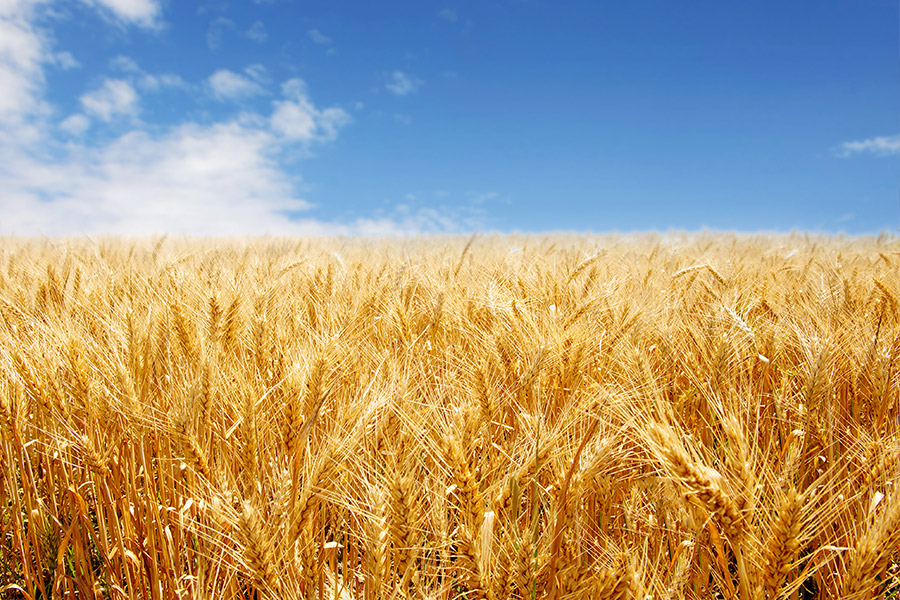General
Meet our new president
Hello Wheat Life readers! I’m Jeff Malone, and it’s an honor to introduce myself as your new president of the Washington Association of Wheat Growers (WAWG). As a fifth-generation dryland wheat farmer in Douglas County, I’ve been blessed to work the same land my family has cultivated for over a…
Expert Q&A
While no two farmers follow the same schedule, winter is generally devoted to more “indoor” tasks. Marci Green from Green View Farms in Spokane County points out that many bookkeeping tasks, such as paying bills, marketing crops, payroll, monitoring budgets, and cash flow, happen throughout the year. In this Q&A,…
Nuts & bolts
During winter, the fields may be sleeping under the snow, but that doesn’t mean farmers are. In shops across Eastern Washington, farm equipment is being cleaned and repaired, all in preparation for another year of hard work. Rob Wilkins, parts supervisor at Papé Machinery in Tekoa, Wash., believes the work…
Outpouring of help
Farming can be stressful at the best of times, so when Dale Childers, a semiretired, long-time Grant/Lincoln County farmer died in August, the local community sprang into action to help the family finish harvest. Ben McKay, a good friend of Dakota, Dale’s son, organized the harvest bee. At first, it…
Gifts of grain
With the holiday season right around the corner, growers across the Palouse have an opportunity to make a life-changing gift. “Pullman Regional Hospital’s Gifts of Grain program is a great way for landlords and farmers to give back,” explained Wayne Druffel, farmer and president of the board of directors for…
Leadership skills prove valuable beyond WAWG board tenure
Raised on a farm homesteaded by his grandfather, Dan Blankenship had a typical wheat farm upbringing. His parents, Dwayne and Beulah Blankenship, had a large family with one daughter and five sons. The fifth of six children, Blankenship worked on the farm as a youth and was also “loaned out”…
It’s been a year!
Sitting down to write my last President’s Perspective, I suddenly realized how fast this year has gone by. When I took the role as president last November, I was a little overwhelmed to be in such an important leadership position for the wheat industry. There were many challenges we faced…
Seasons of farming: Summer/Fall
Nine, maybe 10 months ago, Eastern Washington farmers planted their winter wheat crop. Now they’ll find out if they’ll be able to recoup their investment. Winter wheat, which was planted the previous fall, ripens first, followed by spring wheat. Combines started hitting the fields in Benton and Franklin counties in…
Export Q&A
More than 85% of Washington’s wheat is destined for overseas markets, such as Japan, Taiwan, and the Philippines, where it will be made into noodles, cakes, and cookies. But how does the grain get from farmers’ fields to consumers’ plates half a world away? Companies, such as United Grain Corporation,…
Speeding along the rails
In June, Wheat Life had the opportunity to take a 144-mile speeder car ride along the Snake River, from Lewiston, Idaho, to Riparia, Wash., with local members of NARCOA, the North American Railcar Operators Association. NARCOA is a nonprofit group dedicated to the preservation and the safe, legal operation of…



















